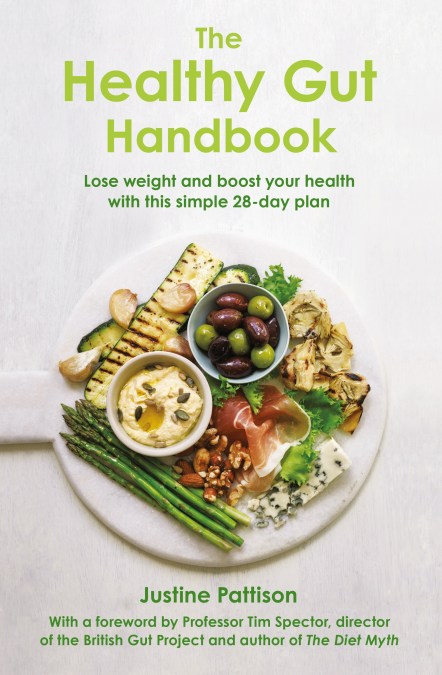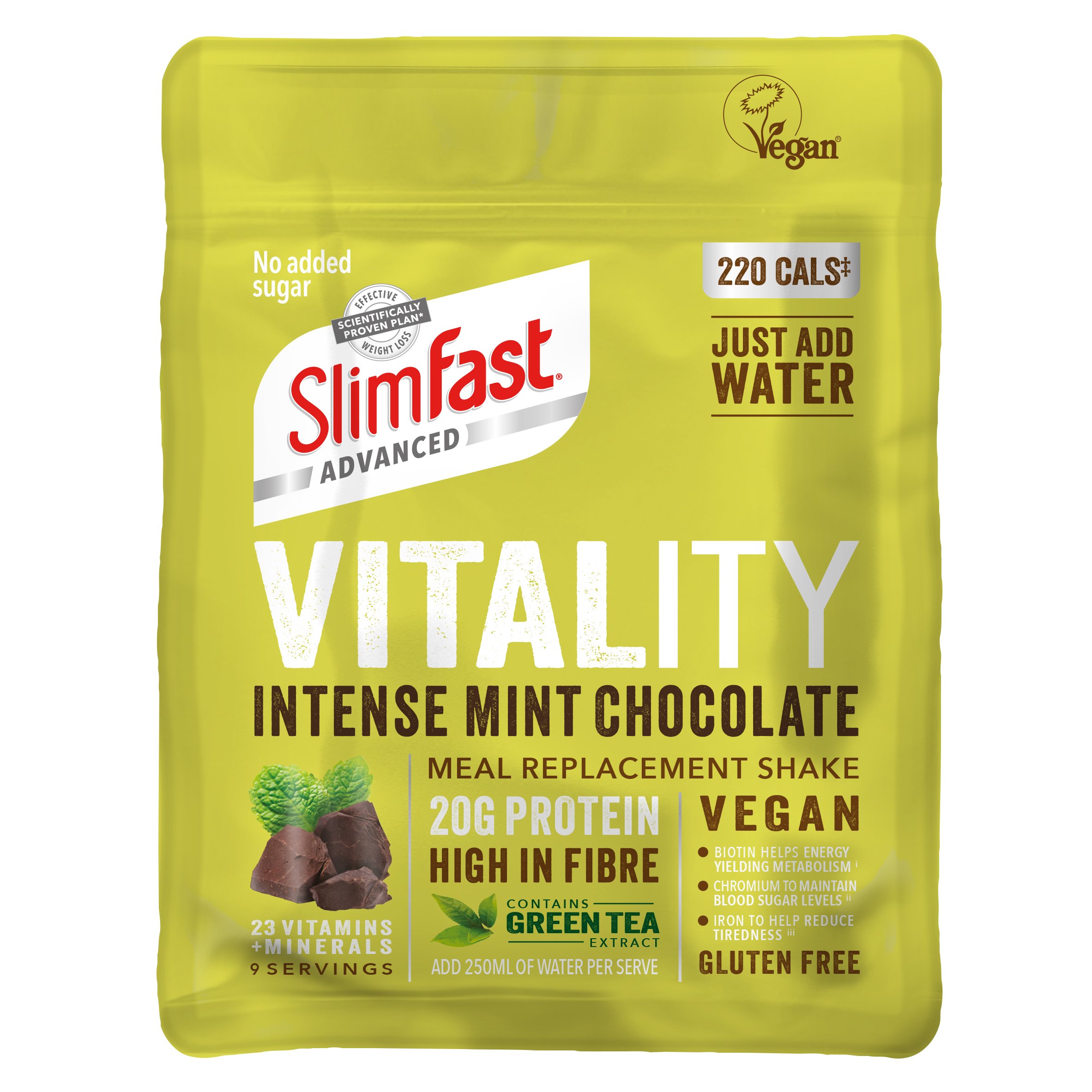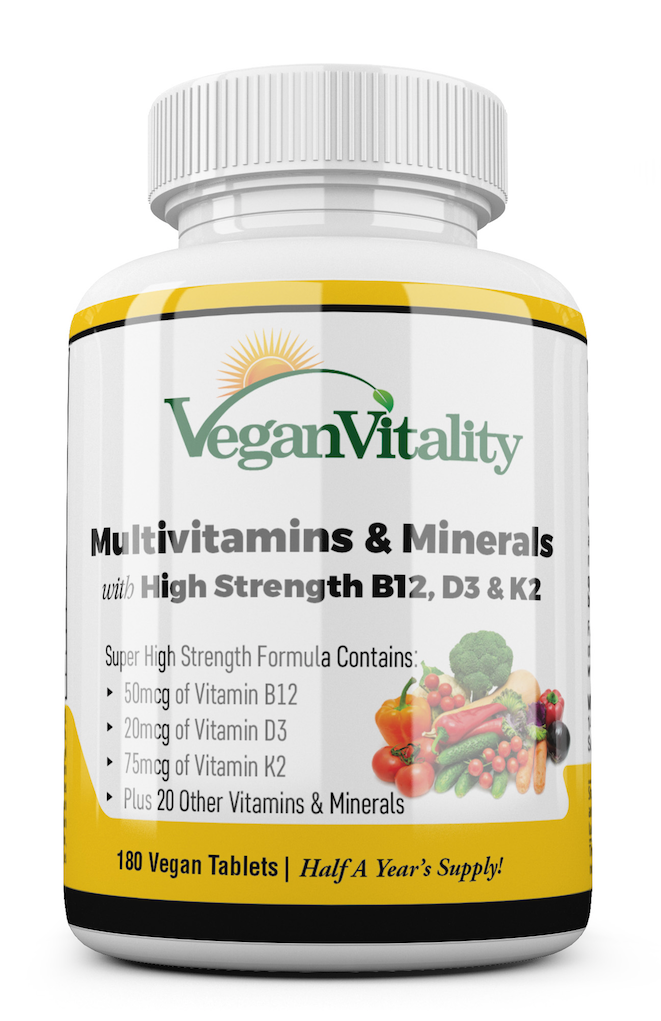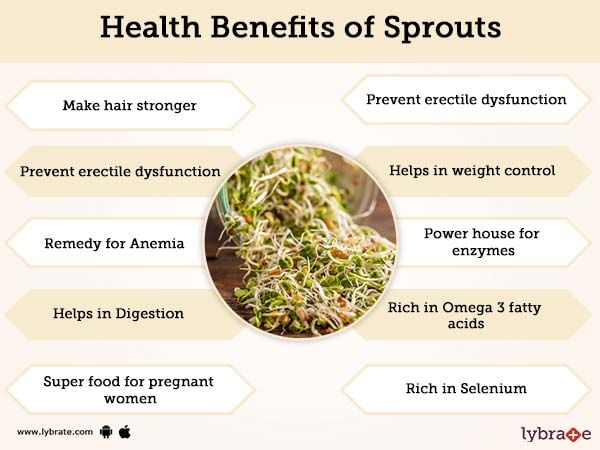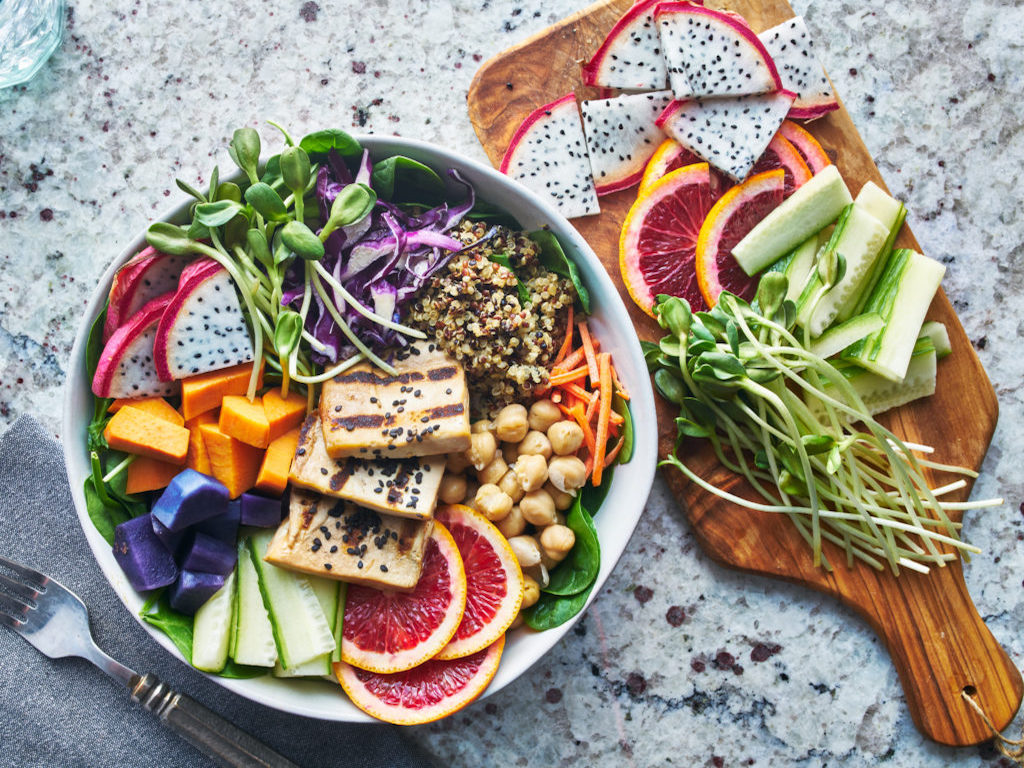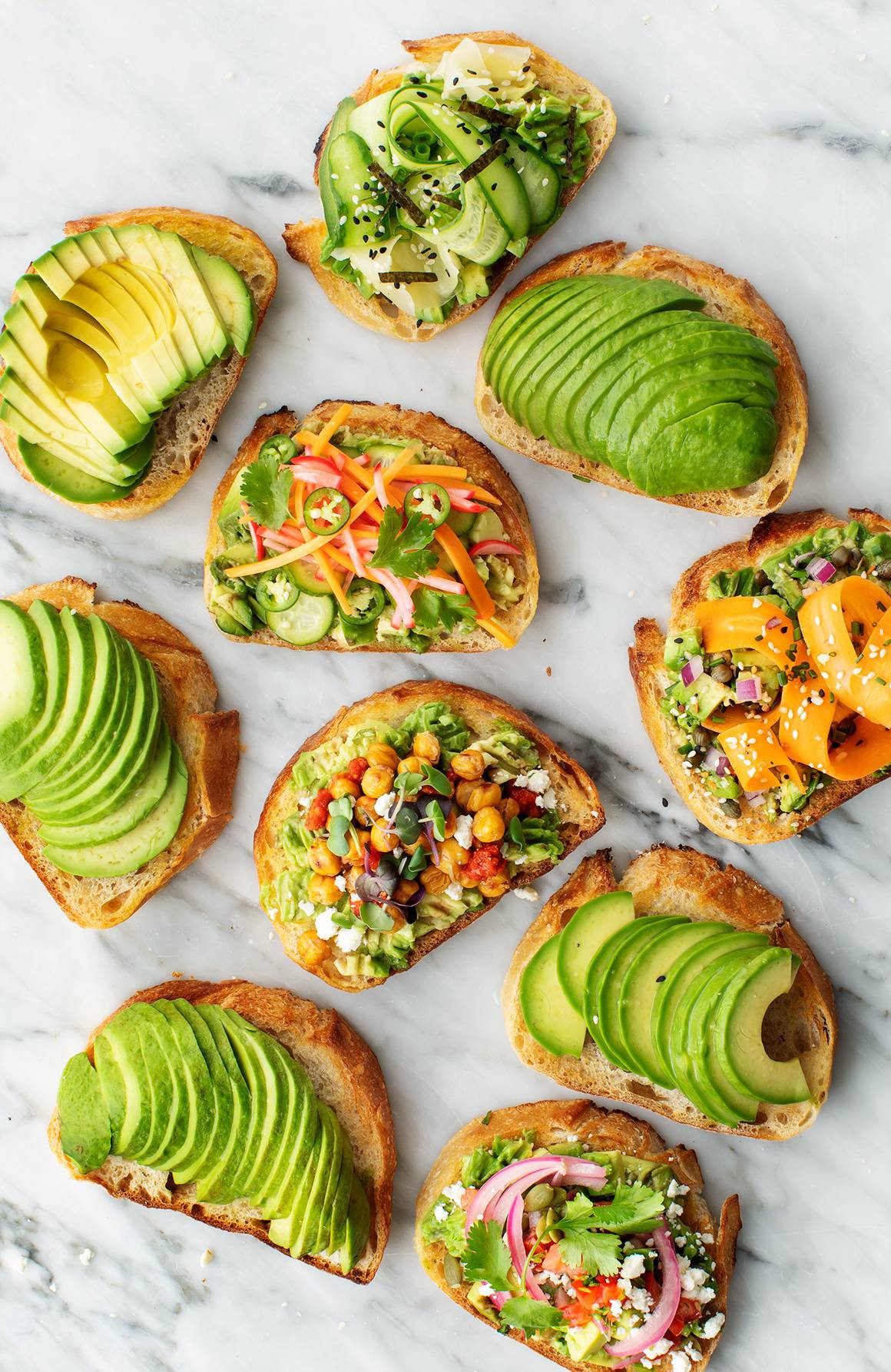[Vegan On The Go: Healthy Eating For Busy Lives]

Executive Summary
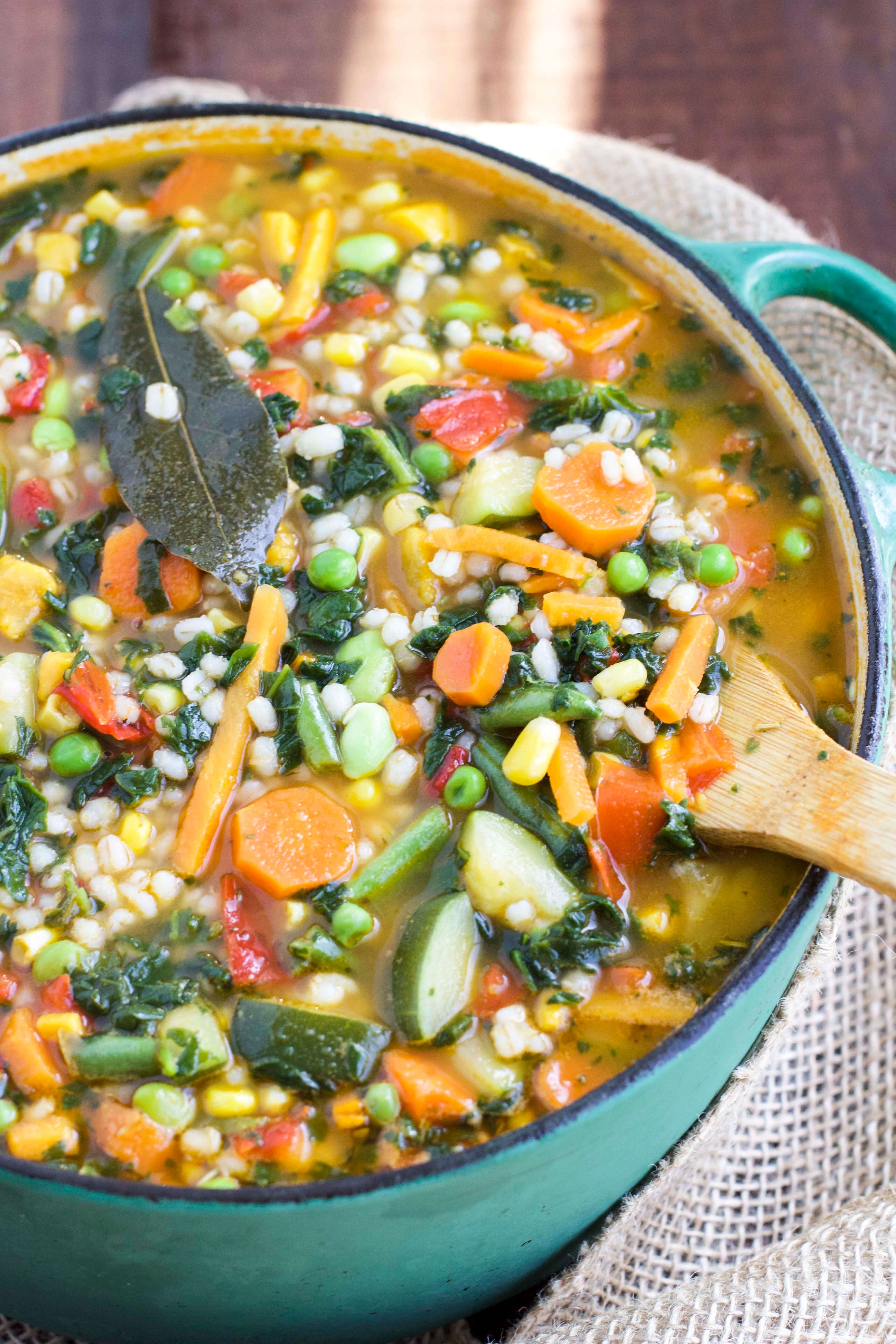
This article provides a comprehensive guide for navigating the world of veganism while living a busy life. It covers crucial aspects like meal planning, snacking strategies, restaurant choices, packing tips, and staying fueled for exercise. Packed with practical tips and actionable advice, this guide empowers individuals to embrace a plant-based lifestyle without compromising their health or convenience.
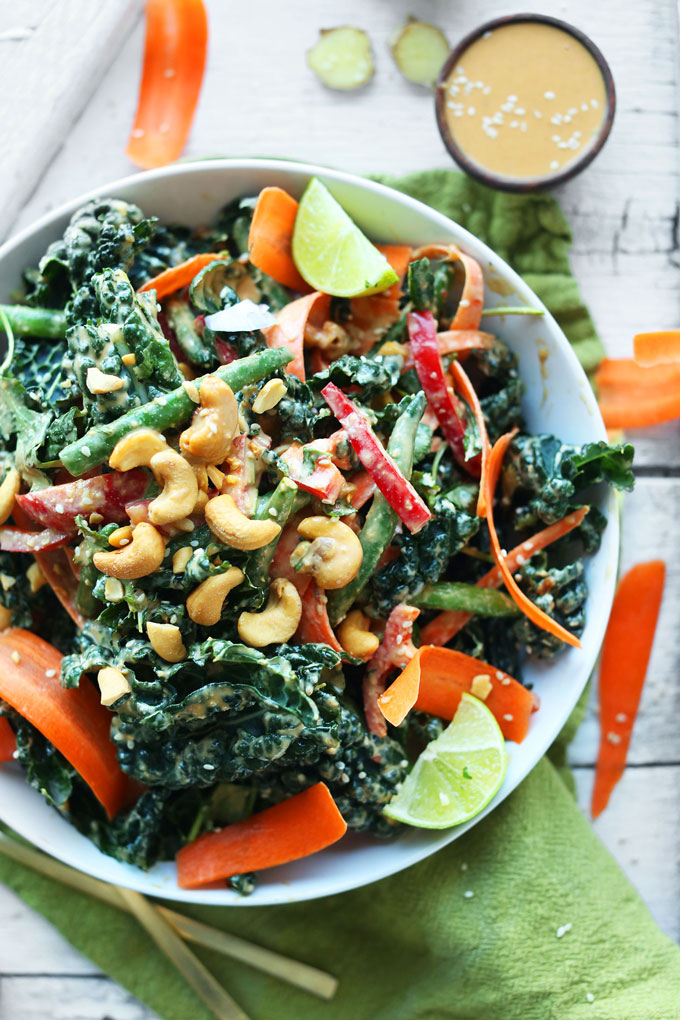
Introduction
Adopting a vegan lifestyle is a rewarding journey, but it can seem daunting when you’re juggling a hectic schedule. From finding nourishing meals on the go to ensuring you get all the nutrients your body needs, the challenges of veganism are amplified when time is a constraint. This article acts as your personal guide, offering a range of solutions for maintaining a healthy and fulfilling vegan diet, even when you’re always on the move.
Frequently Asked Questions
1. How can I make sure I’m getting enough protein on a vegan diet, especially when I’m busy?
Many plant-based foods are rich in protein, such as lentils, beans, tofu, tempeh, and quinoa. Incorporating these into your meals and snacks will ensure you meet your protein needs. You can also opt for protein-rich vegan supplements like plant-based protein powders.
2. Is it difficult to find vegan food options when eating out?
While it used to be challenging, veganism has become increasingly mainstream. Many restaurants now offer dedicated vegan sections on their menus, and even fast food chains are starting to include plant-based options. It’s always helpful to research restaurants beforehand using vegan-friendly apps or websites.
3. What are some healthy and convenient snacks I can bring with me?
Prepared vegan snacks like trail mix, fruit, vegetable sticks with hummus, and nuts are great options. You can also pack your own homemade snacks like energy balls, granola bars, or veggie wraps.
Meal Planning
Effective meal planning is the cornerstone of any successful vegan lifestyle, particularly when you’re on the go. Here’s how to make meal planning work for you:
Batch Cooking: Dedicate a few hours each week to cook a large batch of vegan meals like lentil soup, chickpea stew, or vegetable curry. Portion them into individual containers for easy grab-and-go options.
Frozen Meals: Explore the frozen food aisle for vegan-friendly entrees and side dishes. These are time-savers and can be reheated quickly.
Meal Prep Kits: Many meal delivery services cater to vegan preferences. These kits provide pre-portioned ingredients and instructions, simplifying cooking and offering convenient solutions for busy individuals.
Plan Around Your Schedule: When planning your meals, factor in your daily activities. If you have a busy week ahead, prioritize quick and easy meals that can be prepared in advance.
Snacking Strategies
Maintaining consistent energy levels is crucial when you’re always on the move. Snacking strategically ensures you stay fueled throughout the day and avoid those dreaded energy slumps. Here’s how to approach snacking:
Pack Smart: Keep a bag of healthy snacks in your car or your work bag, so you always have something readily available.
Prioritize Protein & Fiber: Opt for snacks that combine protein and fiber, such as nuts, seeds, or hummus with vegetables. These promote satiety and help stabilize blood sugar levels.
Don’t Skip Meals: Skipping meals can lead to overeating later, making it harder to stick to your dietary goals. Even if you’re pressed for time, aim for a small snack or a quick meal.
Be Mindful: Pay attention to your hunger cues and snack only when you genuinely need sustenance, not out of boredom or stress.
Restaurant Choices
Dining out doesn’t have to be a culinary challenge when you’re vegan. With a few strategies, you can confidently navigate restaurant menus and enjoy delicious plant-based meals:
Research First: Utilize apps and websites that highlight vegan-friendly restaurants in your area. Many provide detailed menus and even allow you to filter options based on dietary restrictions.
Ask Questions: Don’t be afraid to ask your server about vegan options, even if they’re not explicitly listed on the menu. Many restaurants are happy to accommodate special dietary needs.
Be Creative: If the menu is limited, be creative in your requests. You can often customize dishes to make them vegan by requesting substitutions like tofu, tempeh, or vegetables instead of meat or dairy.
Don’t Settle: If a restaurant seems unaccommodating or has very few vegan options, don’t be afraid to move on. There are plenty of restaurants out there that are committed to offering delicious and diverse plant-based meals.
Packing Tips
Packing for a vegan lifestyle on the go is all about maximizing efficiency and minimizing hassle. Here are some packing tips to streamline your experience:
Invest in Reusable Containers: Reusable containers are perfect for storing meals, snacks, and even leftovers. Choose containers that are leakproof and easy to clean.
Portable Snack Bags: Use reusable snack bags or containers to pack your on-the-go snacks. These are great for storing fruits, veggies, nuts, and other portable snacks.
Plan for Hydration: Keep a reusable water bottle filled with water or your favorite beverage on hand. Staying hydrated is essential for maintaining energy levels and overall well-being.
Compact Utensils: Invest in a travel-sized cutlery set to ensure you’re always prepared to eat, no matter where you are.
Staying Fueled for Exercise
Maintaining a balanced vegan diet is critical for providing your body with the energy it needs for exercise. Here’s how to fuel your workouts while staying true to your plant-based lifestyle:
Pre-Workout Snack: A pre-workout snack rich in carbohydrates and a little bit of protein can provide sustained energy. Consider options like a banana with peanut butter, a rice cake with almond butter, or a small smoothie.
Post-Workout Recovery: After a workout, replenish your energy stores with a mix of carbohydrates and protein. This can be a smoothie, a bowl of oatmeal with berries and nuts, or a vegan protein shake.
Stay Hydrated: Drinking plenty of water before, during, and after your workout is crucial for optimal performance and recovery.
Listen to Your Body: Pay attention to your body’s signals and adjust your fueling strategy based on your individual needs and workout intensity.
Conclusion
Living a vegan lifestyle on the go doesn’t have to be a complicated balancing act. By adopting strategies for meal planning, snacking, restaurant choices, packing, and fueling your workouts, you can seamlessly integrate veganism into your busy life. Remember, with a little planning and creativity, you can enjoy delicious, nourishing vegan meals and snacks, even when you’re always on the move. Embrace the journey of veganism with confidence, knowing that you can enjoy a healthy and fulfilling lifestyle without sacrificing your time or convenience.
Tags
- Vegan
- On-the-go
- Meal Planning
- Healthy Eating
- Busy Lifestyle


